Triumph, despair, glory and struggle: the Olympic Games might technically be a sporting event, but in spirit and essence they are pure drama. Film-makers may have shouted loudest about this discovery, generating hit after Olympic-themed hit throughout the 20th century, but composers also know a thing or two about sporting thrills, with almost 300 years of Olympic action in the opera house.
If there were a gold medal for operatic contributions to the Olympics it would unquestionably go to Pietro Metastasio. In 1733 this 18th century poet and librettist produced L’Olimpiade – a libretto set in Ancient Greece, taking the Olympic Games as the context for some gender-bending, identity-switching love intrigues.
But being opera, sport comes a poor second to romance; while the plot hinges on the outcome of the games, Metastasio never gives us much by way of actual running, throwing or jumping on stage. Far better that character muse lengthily (and with plenty of contemplative repeats) on the philosophy of rivalry and competition.
Although originally written for composer Antonio Caldara, the libretto proved so popular that it was subsequently taken up by some 60 composers over the next century including Vivaldi, whose own opera appeared just a year later, and Pergolesi a year after that. Soon bastardised pasticcio versions were doing the rounds of Europe – patchwork operas stitching roughly together favourite arias from different versions and composers – and even J.C. Bach and latterly Donizetti produced a version of what must surely be the most popular libretto of all time.
Listen to Gemma Bertagnolli perform 'Lo seguitai Felice' from L'Olimpiade with Ensemble Cordia conducted by Stefano Veggetti

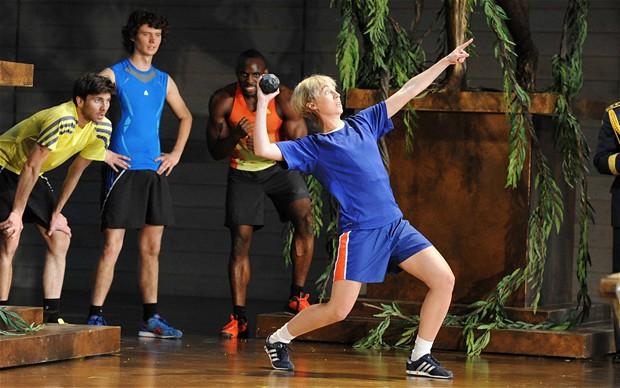




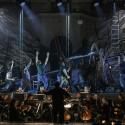
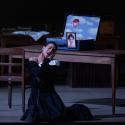
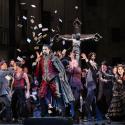

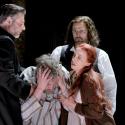
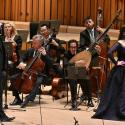
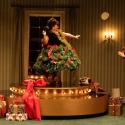
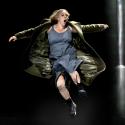
Comments
Add comment